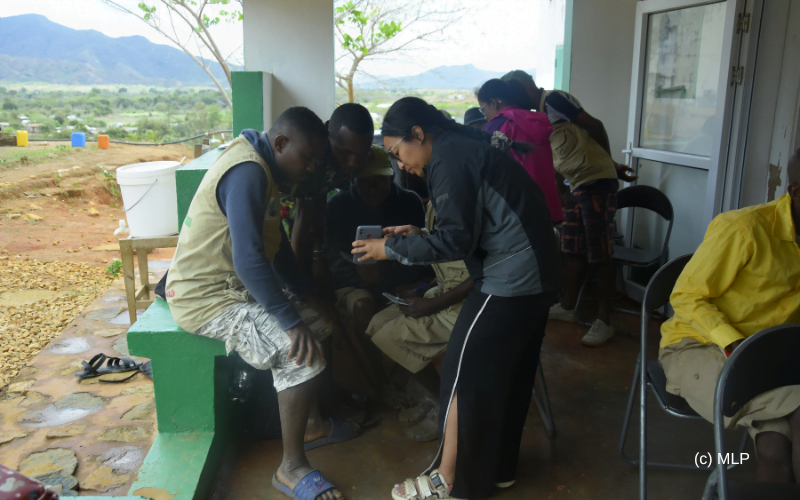Originally created by scientists for scientists, Madagascar Lemurs Portal (www.lemursportal.org) is a lemur databaseproject implemented by the FAPBM-GERP consortium and funded by the American Re:wild Foundation and FAPBM. The portal is gradually migrating to become an educational medium accessible to the general public. For Madagascar Lemurs Portal, conservation is everyone’s business, hinting at the role that lemurs play in reforestation. The teams carried out awareness missions during the last quarter. Engaging the general public in lemur conservation Like every year, the last Friday of October is dedicated to the National Lemur Day. For 2022, the celebration of the National Day of Lemurs was held on October 28 and 29 in Morondava (Menabe Region, southern Madagascar)through exhibitions, a carnival, an awareness workshop and environmental actions. The topic «Lemurs, unique national heritage! Let us protect their habitats” was chosen for this celebration. Being a project working on the …
Madagascar Lemurs Portal, engaging citizens in lemur conservation








